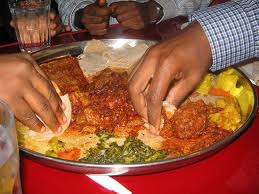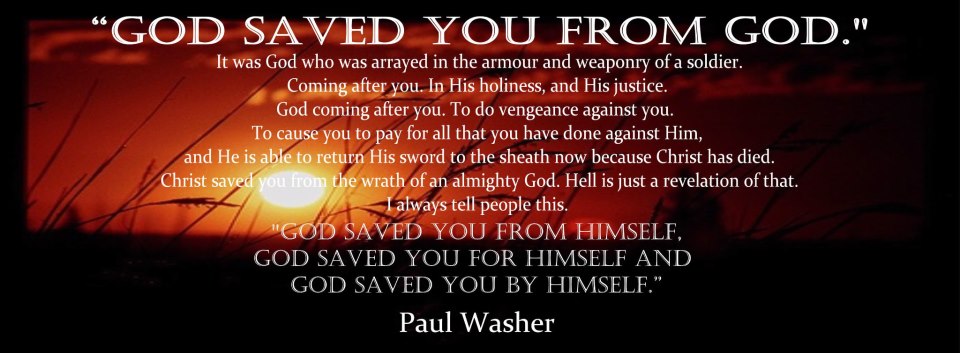Time and a Word
I’m actually not sure how much the Yes song has to do with this post, but I was trying to think of something catchy that had to do with words, and I very much enjoy Yes’ music, so I decided I’m going with it.
Speaking of love and word, I’ve been doing a lot of rethinking about Christianity and the Bible and how the two intersect. I’m coming to the conclusion that the way those of us who read the Bible (or any other holy book for that matter) interpret it generally says more about who the interpreter is and what he or she personally believes rather than any objective rules or standard for living.
I know that I’ve probably immediately lost any who purport to read the Bible literally and take seriously its infallibility. Oh well.
To state my case, I’ll give a couple personal examples that have led me in this general direction.
Shortly after I finished college, I went to Thailand on a mission trip with my Southern Baptist college group. I met a college dude there who had never read the Bible before and didn’t know very much about it, but when I started talking about Christianity with him, he was very interested to learn about it. Excitedly, I let him borrow one of the English-Thai Bibles we had brought with us, knowing in my heart that somehow the light of Christ would brighten his world and enlighten him to the exclusive truth of the gospel, and he would turn and repent of his wicked ways to become a true believer in the ways of the Lord. More in line with reality, after studying the Bible, he came to the conclusion that Christianity was little different from Buddhism, and the Jesus was just a replacement for the Buddha (Buddhism is the national religion of Thailand). Basically, the idea is do good things and be rewarded for them with Heaven in the afterlife. Still believing then that belief in Jesus as Savior was the only way to Heaven, I was stunned and didn’t know how to apologetically (if you get my drift) respond in a way that wouldn’t acknowledge his astute observation. He wasn’t the only Thai person who responded to my evangelism in that way on that trip. Sadly, without a retort, I had to acknowledge that, yes, that made sense. And years later, I discovered this website comparing the similarities of Christianity and Buddhism.
Another time, I had a conversation with a friend who is from Ethiopia when I worked at the GAP. He was talking about a girl he was either dating or wanted to date, I can’t remember which. He said something to the effect that, according to the Bible, if she’s dating him, then she shouldn’t have sexual intercourse with other men. Still being a Southern Baptist-leaning evangelical at that point, I thought she shouldn’t have sex with anyone unless she’s married to that person. I weakly responded in agreement with him, not wanting to be impolite or not knowing how to politely argue with someone in his second language that he didn’t understand very well. Case in point, every time the boss said something to the workers as a group, my friend would ask me what he said. Ethiopia’s national religion is Christianity, by the way.
Looking at the Bible from the perspective of someone from a different culture without bias or influence, I think it’d be pretty easy to come to the same conclusions my friends did.
Those who use the Bible as the crux of their arguments for determining some sort of strange spiritual morality or to try to separate Christians from non-Christians or who’s going to hell, are already looking for those things going into their reading. If you do a study of history and Jewish tradition and read it from their perspective, you’ll see that very little of those concepts are concepts a Jew in the time of Jesus would have understood very well.
If people want to use the Bible to justify their dislike of a certain group of people, they generally will point to whichever clobber verses they like to argue their bigotedness difference of opinion (and not the Phantom Menace). A different study of the Bible might generally conclude that love, charity and acceptance are generally the values Jesus thought were most important. But time and culture have twisted those ideas into a message that wasn’t conveyed in the original texts.
Take homosexuality, for instance. The word doesn’t exist in the Greek language, nor the same concept of homosexuality accepted by modern culture.
But those who accept that modern translations of the Bible condemn homosexuality as it is today, then despite the research and history, they’ll believe the modern translations are more inspired to condemn it in the current cultural climate. Their conclusions, however, are more inspired by their own disdain for those people rather than any Biblical evidence. The Bible is merely the tool for validating the belief.
Take any example of ostracism present or past. People have used holy texts to demonize people of different races, lower economic status, women and even other religions. American slave owners used the Bible’s references to slavery to justify taking and keeping their African slaves. And if you try to tell them they are wrong, they point to the text for their justification.
It’s also possible to see the Bible as a source for inspiration toward a culture of love and inclusion. As Jesus states, the golden rule is to love God with all your heart and to love others as you love yourself. The entire word is summed up in those tenants. People who agree with this are generally prone to focus their lives on love and social justice. But again, this has more to do with the person reading the text than the text itself.
Basically, regardless of original meaning or which translation we read the Bible with, it’s going to say what we want it to say. We can try to use it comprehensively or cherry-pick ideas, but at the end of the day, it’s our own bias that shines through.
Basically, regardless of original meaning or which translation we read the Bible with, it’s going to say whatever we want it to say. We can try to use it comprehensively or cherry-pick ideas, but at the end of the day, it’s our own bias that shines through.
If you want to be part of an exclusive religion where action is unnecessary and salvation is based only on your beliefs, that’s what you’ll find in the Bible. If you want an inclusive religion of love and community, then that’s what you’ll find. Not to say that the Bible has nothing to say on its own, but its mostly our own biases talking that we use the texts to support.
With such an ancient text that has been retranslated and reinterpreted over thousands of years, it’s time and a word. “The word is ‘love’ and it’s right for me.”








